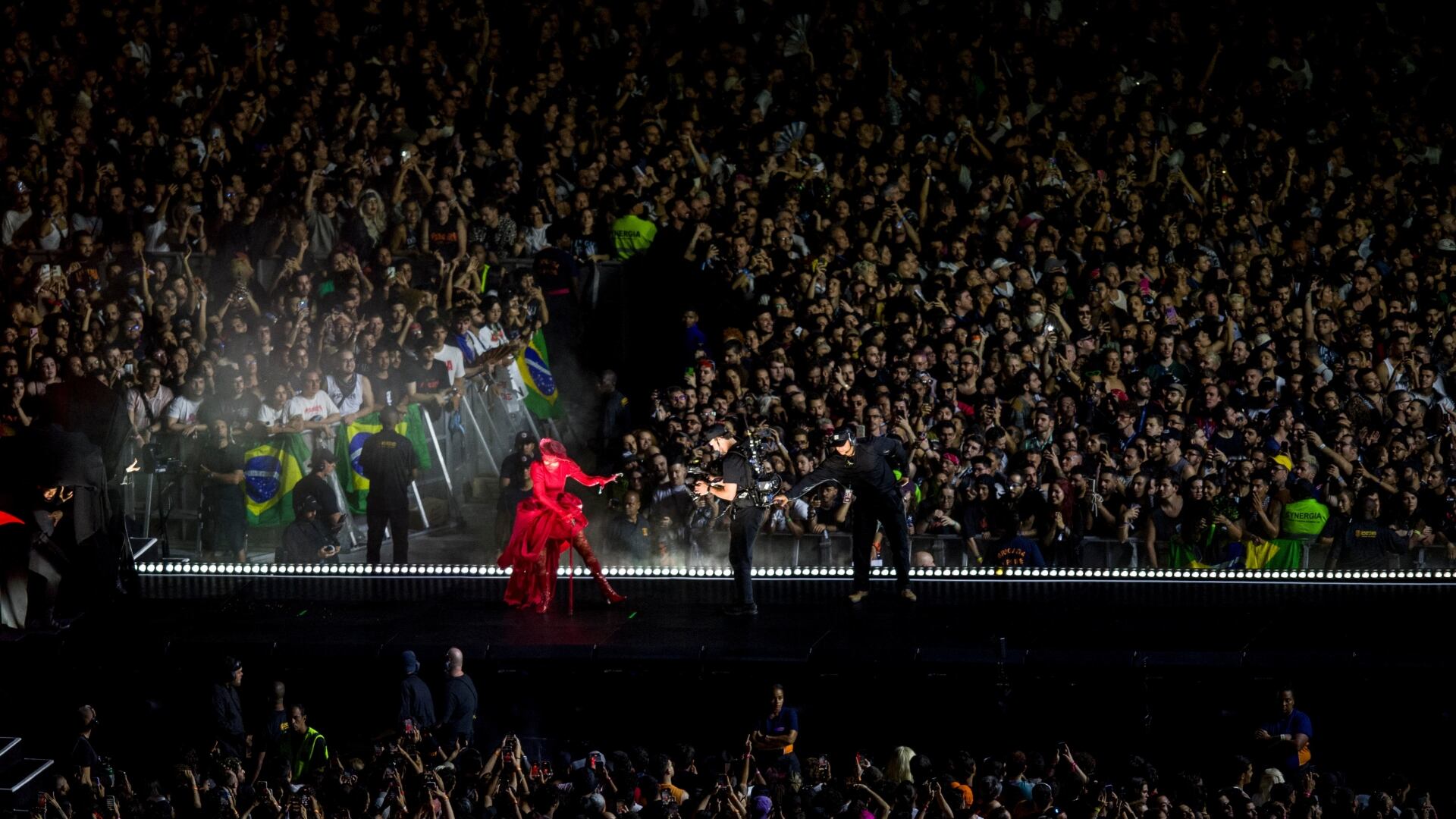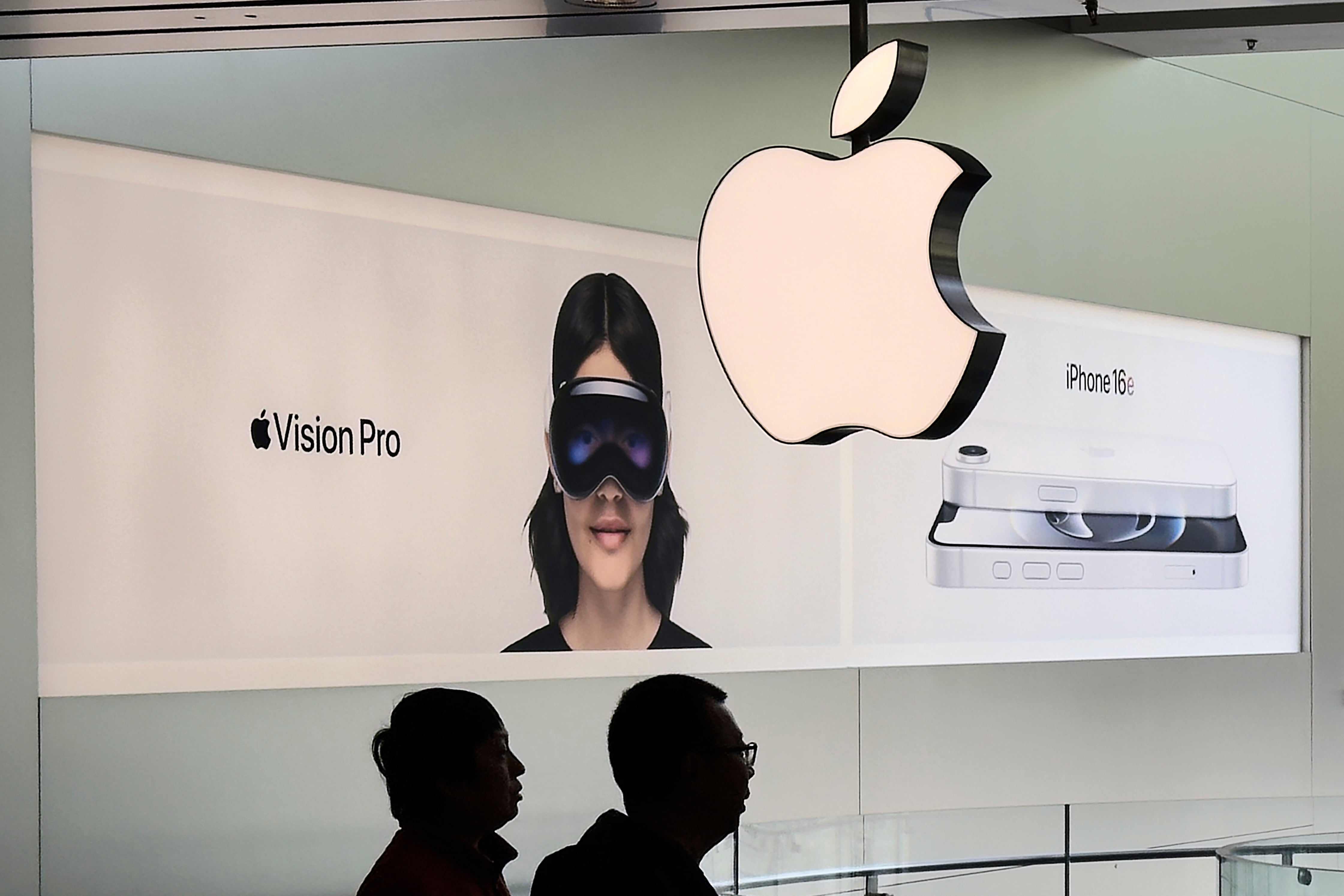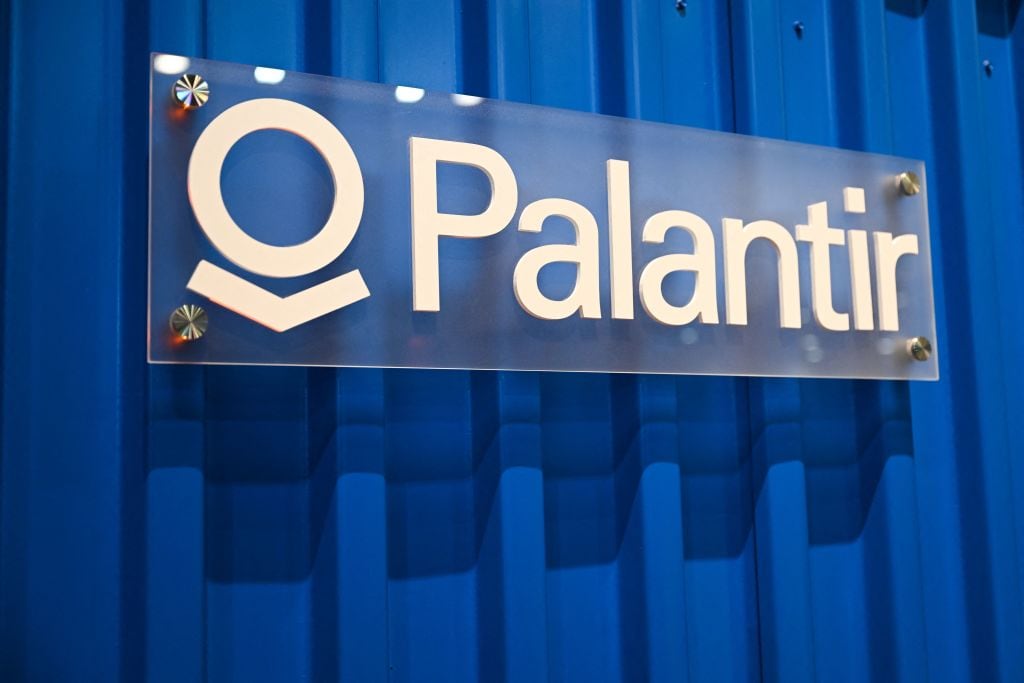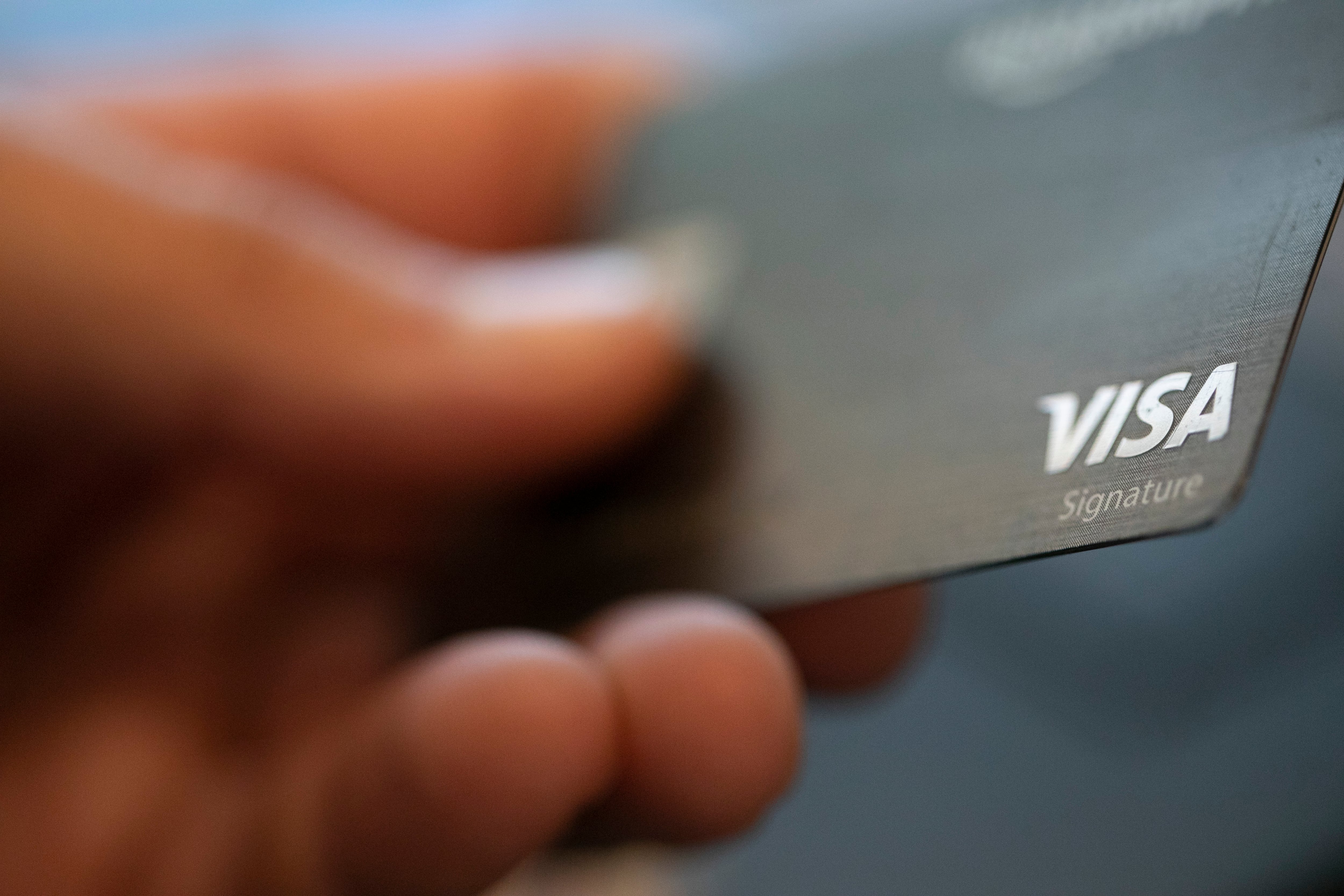*By: Britt Terrell* Big tech CEOs have taken a stance on a slew of politically-charged issues in recent years, from immigration policy to trade to taxes. And these days, if the top execs *don't* speak out, it seems their employees might just force them to. "Employees of these companies also seem to feel more ownership over what they perceive to be their company's moral conduct, whether it be in the use of A.I. in identifying drones or having any sort of contract at all with ICE, even for administrative services," said Dana Wollman, executive editor at Engadget. Google recently announced the end to Project Maven - the tech behemoth's program that provided artificial intelligence to the U.S. Department of Defense for analyzing drone footage. Objections to the project led to the resignation of a dozen employees. Microsoft might have a similar experience. According to a [Gizmodo report](https://gizmodo.com/microsoft-employees-up-in-arms-over-cloud-contract-with-1826927803), employees have taken issue with the fact that the U.S. Immigration and Customs Enforcement use the company's Azure cloud software, especially in light of the border protection policy enacted by the Trump Administration in April, which led to thousands of undocumented children being separated from their parents. The backlash prompted Microsoft to [update a statement](https://blogs.msdn.microsoft.com/azuregov/2018/01/24/federal-agencies-continue-to-advance-capabilities-with-azure-government/) originally posted in January, saying it did not believe its software was being used by ICE specifically to separate families. "I think a lot of these big tech companies have a younger, millennial workforce who care a lot about their companies values," Wollman said. "I think a lot of the consumers of these products are also millennials and even if not millennials, people who care about the moral standings of their companies." For the full interview, [click here](https://cheddar.com/videos/tech-employees-place-check-on-company-morality).












